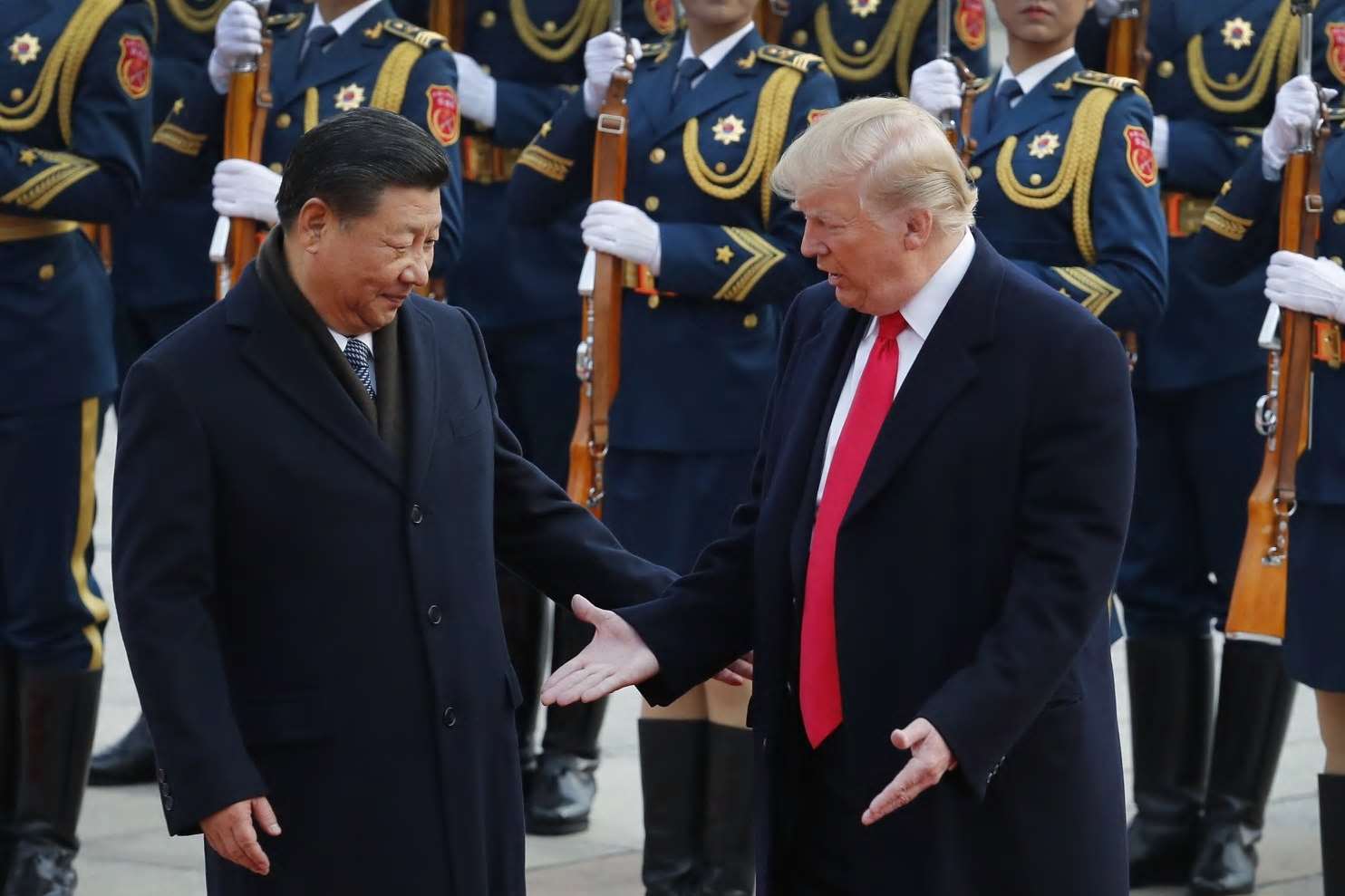Lee Hsien Loong is the prime minister of Singapore.
Trade friction between China and the United States has been brewing for some time. But with the Trump administrationŌĆÖs announcement of unilateral tariffs on imports, targeted at China, the specter of a trade war has never been clearer.
There is broad political support in the United States for such measures. American businesses that had previously advocated ChinaŌĆÖs accession to the World Trade Organization now feel disadvantaged doing business in China. They feel, with some justification, that the playing field is uneven, market access is limited and investments are restricted, especially in the financial and technology sectors. Trade arrangements and concessions made in the past when China was about 5 percent of the worldŌĆÖs gross domestic product are less readily accepted today with ChinaŌĆÖs share rising to 15 percent.
But unilateral tariffs are not the correct solution. A trade war between the United States and China is far from inevitable, but if one breaks out, it will gravely undermine the rules-based multilateral system that has underpinned global prosperity since the end of World War II. Countries around the world, big and small, will be hurt.
The United States and China share the most important bilateral relationship in the world. Both countries have benefited from an open, rules-based international order and multilateral trading system. This has fostered economic cooperation within the Asia-Pacific region and deepened interdependence among Asia, the United States, Europe and the rest of the world.
Asia is the fastest-growing export market for U.S. goods and services. As the worldŌĆÖs second-busiest port and fourth-largest financial center, Singapore is a global hub that connects the economies of the United States and Asia. We are a small, open economy with trade flows more than three times our GDP. A trade war between the two largest economies in the world will have a big, negative impact on Singapore.
China has declared its commitment to upholding openness and multilateralism. The Asian Infrastructure Investment Bank and the ŌĆ£Belt and Road InitiativeŌĆØ are two major efforts by China to strengthen trade and investment ties, and to enhance integration and interdependence. At the recent Boao Forum for Asia Annual Conference, President Xi Jinping announced further plans to open up ChinaŌĆÖs financial sector, liberalize foreign investment rules, protect intellectual property rights and lower tariffs on automobile imports. These moves have been acknowledged and welcomed by President Trump. We look forward to seeing these steps elaborated, implemented and bearing fruit.
Although most Asia-Pacific countries continue to pursue trade and economic liberalization ŌĆö for example, through the Trans-Pacific Partnership and the Regional Comprehensive Economic Partnership ŌĆö these initiatives will not compensate for the damage caused by a trade war.
Beyond the economic loss, strained ties between the United States and China will make it harder for them to cooperate on other pressing issues such as the denuclearization of the Korean Peninsula, regional security, nonproliferation and climate change. None of these issues can be solved without the full participation of both countries. If any of these disputes escalates and destabilizes relations between the United States and China, the consequences for the world would be disastrous.


